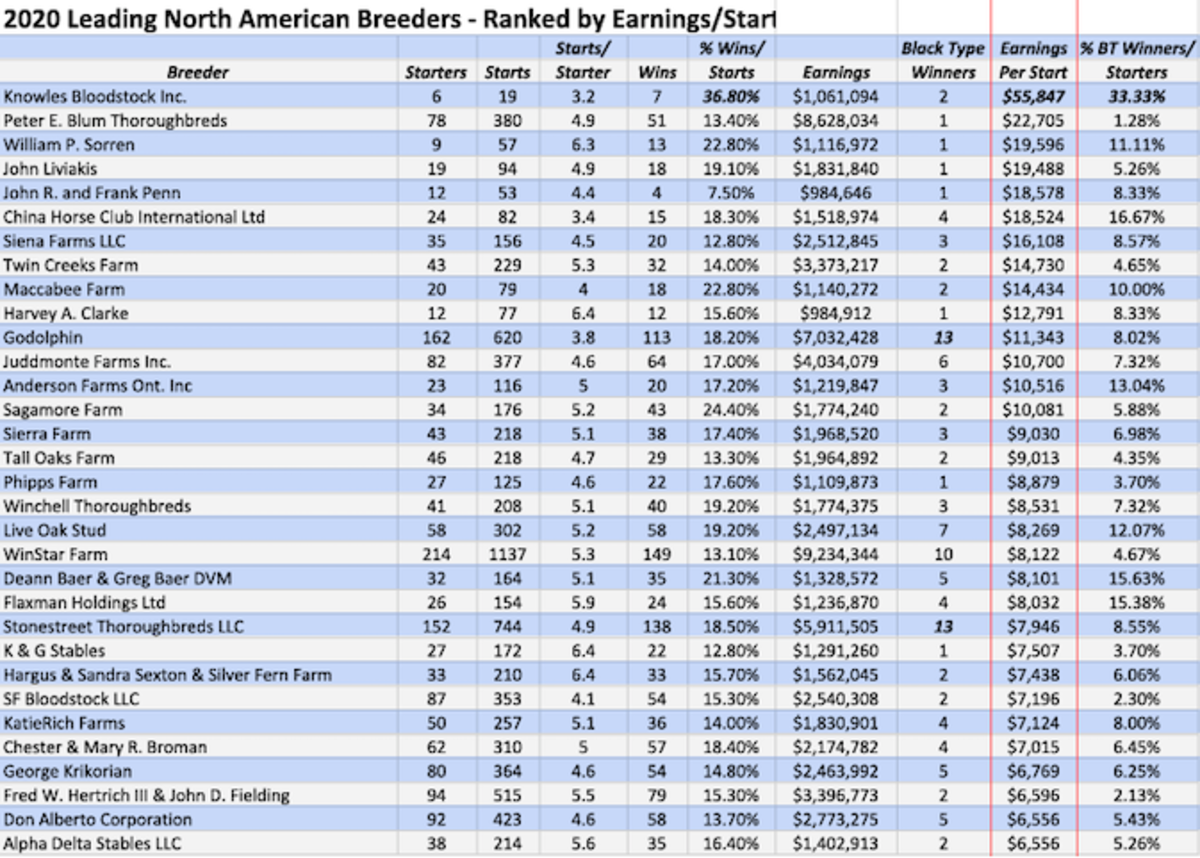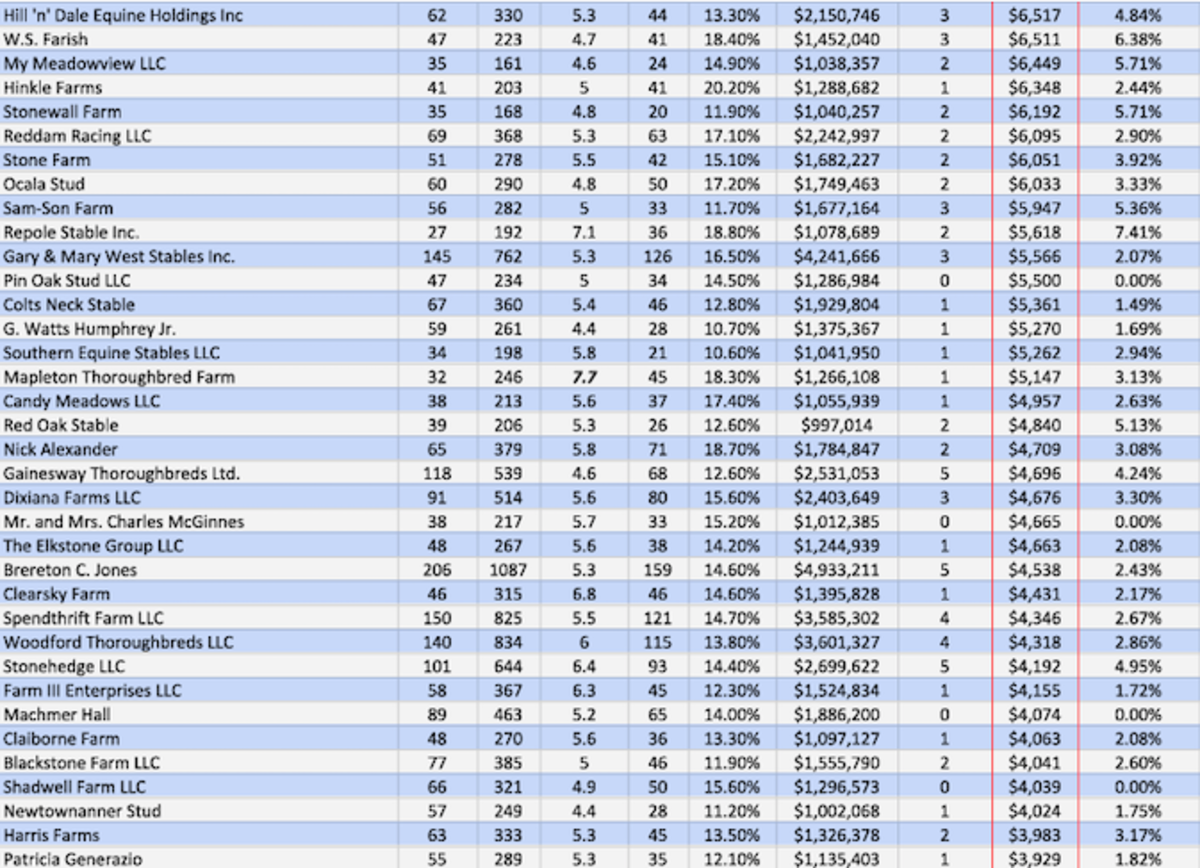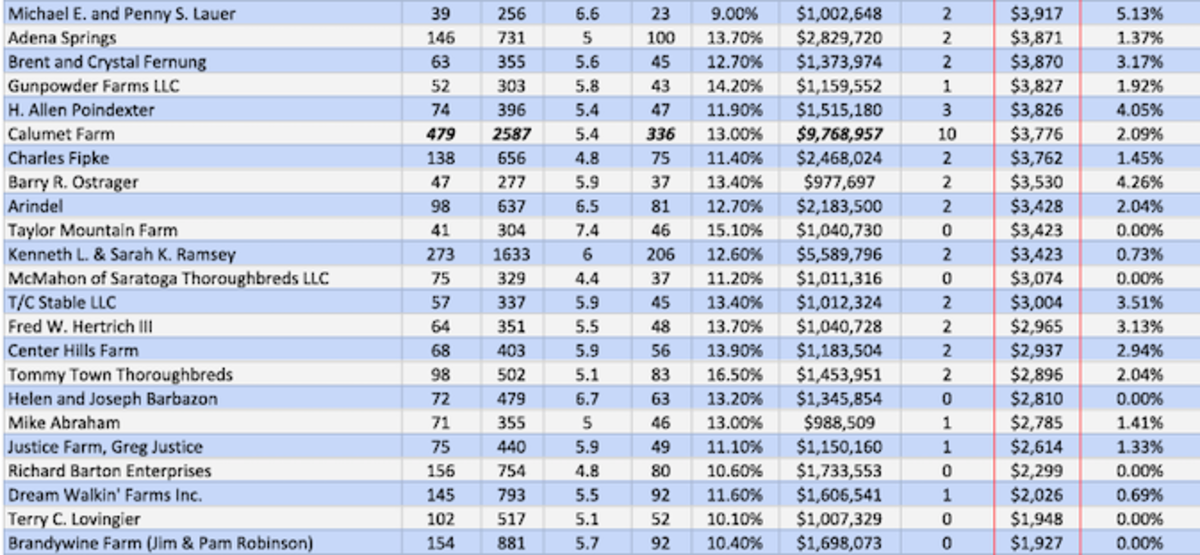Every breeding and foaling season since 1978, countless mare owners have turned to their bookshelves for help from America's first woman equine veterinarian, Dr. M. Phyllis Lose. Her two indispensable manuals, Blessed Are the Broodmares and Blessed Are the Foals, inform and entertain first-time broodmare owners as well as experienced breeders. She presented important information interspersed with anecdotes of her experiences that enabled even the novice owner to grasp and implement the concepts she sought to explain.
In 1957, Dr. Lose obtained her V.M.D. from the University of Pennsylvania, and she embarked on a lifelong adventure as the first woman to establish an equine-only practice in the United States, just outside the gates of then Philadelphia Park. Despite skepticism that a woman could excel at equine practice, Dr. Lose's medical expertise and her ability to read horses were so extraordinary that soon horsemen thought of her only as a “darn good vet,” and they entrusted her with their best horses.
Despite a lifetime of remarkable accomplishments, Dr. Lose passed away quietly on Sept. 30, 2019, at age 93, with only a meager obituary in the local Florida newspaper. She was the first woman member of the American Association of Equine Practitioners and the author of seven groundbreaking studies published in various veterinary journals. Her autobiography, No Job for a Lady, was honored by Readers' Digest, and in 2002, her alma mater bestowed on Dr. Lose its Alumni Award of Merit.
Among her early surgical achievements were development of a correction for club-foot in neonates; removal of ovarian tumors; removal of urinary bladder stones; and a refined technique to correct retained testicles.
Dr. Lose was the official veterinarian for the Devon Horse Show in Pennsylvania for 20 years, plus she cared for the horses of the Philadelphia Mounted Police. Occasionally, she answered calls from the Philadelphia Zoo and the Barnum & Bailey Circus.
Working alone with her sister Norma as her manager, Dr. Lose often ventured into the night accompanied only by her little dog Oscar to respond to emergency calls, many of them for broodmares experiencing difficult foaling. Even in her 70s, Dr. Lose continued to make farm calls on her Harley-Davidson, but minus Oscar, whom she trained to win the national Purina trick-dog contest. In her later years while living in Haines City, Fla., Dr. Lose diligently pursued Oscar's career in the movies, producing The Oscar Lose Story in 2008, which earned the Dove Award for family entertainment.
In her personal life, Dr. Lose won nine gold medals (out of nine efforts) in the Senior Olympics for cycling. She also won competitions in snowmobiling, snow racing, and drag racing.
She owned and rode Pennsylvania State Champion jumping mare Cassadol, the national high-score winner in open jumping.
Dr. Lose never married or had children but had no regrets about it, telling me once, “I love men, but in very small doses.”
In 2012, while looking back at her career and the girls she had inspired to become equine veterinarians, she said, “It's a privilege just to be able to live our lives with horses.”
The post Steffanus: Blessed Be Dr. Phyllis Lose, Faithful Sage To Mare Owners appeared first on Horse Racing News | Paulick Report.


 Category leaders listed in bold/italics.
Category leaders listed in bold/italics.